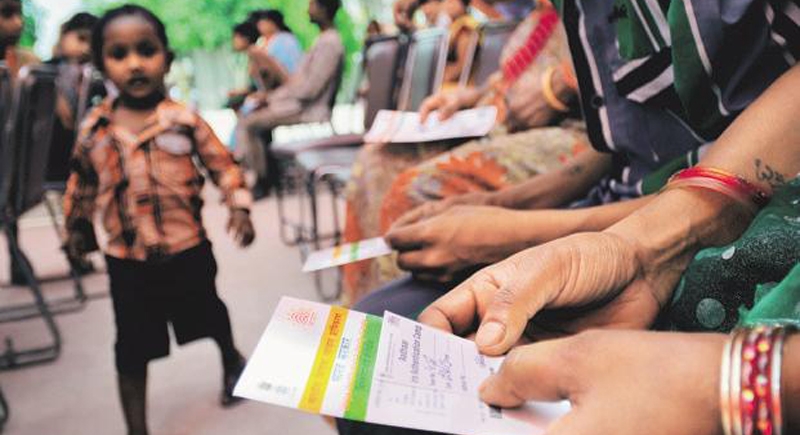Envisioned to give “aadhaar” to people, UIDAI claims Aadhaar to be protected with high tech security
New Delhi, May 25: India’s highly talked about identification proof “Aadhaar” has finally received some 'aadhaar' from the horse’s mouth. The Unique Identification Authority of India Chairman, J Satyanarayana said that the world's largest ID database Aadhaar is protected by high-tech encryption, multi-layered authentication, and best-in-class security.

Speaking at a panel discussion on 'Future of Governance', UIDAI Chairman said that "best-in-class security practices" are followed in the two Aadhaar data centers. At the session chaired by Justice B N Srikrishna (former Supreme Court judge), Satyanarayana said that Aadhaar data, which comprises 12 digit biometric identifier and demographic details, has strong end-to-end 2048-bit encryption.
Talking further the chairman elaborated saying that Aadhaar has been envisioned to empower the residents of India with the unique identification details which can be under use anytime and anywhere. Also, every device, person, software is registered and authenticated before allowing enrolment, he said.
So far, 121.17 crore residents have been enrolled for Aadhaar. It has been used for 19.6 billion authentications, he said. His comments assume significance in the backdrop of the Supreme Court reserved its verdict on a batch of pleas challenging the Aadhaar Act and the use of the biometric identifier in various government and non-government services.
Speaking on the occasion, Satyanarayana said that new-age technology backed by empathy has transformed the manner in which governance services were being offered to citizens, and that move from paper-based to online systems had resulted in efficiencies as well as convenience for people.
The event was organized as part of a series of talks on Digital Technologies and their impact on society, human psyche, and economies. It was hosted by India International Centre (IIC) in collaboration with Niti Aayog and Centre for Policy Research (CPR).